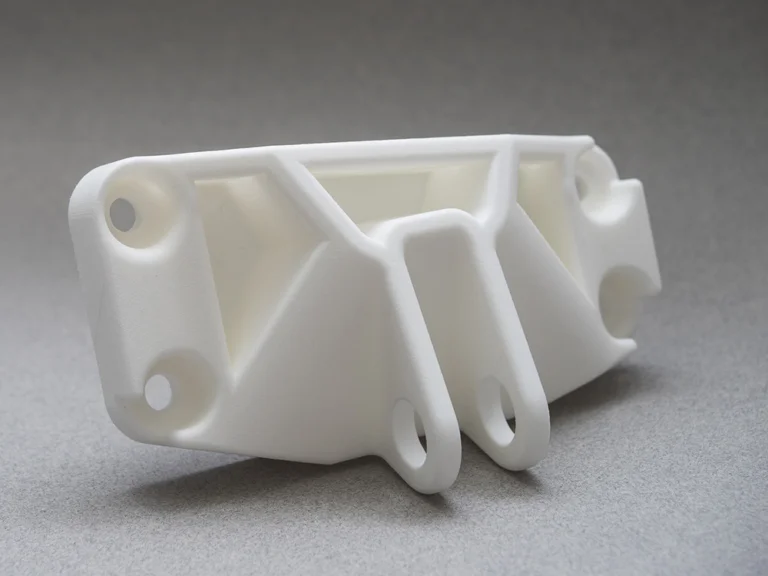Home » Material Selection » PA

PA/Nylon
Material Type
Plastic
Material Full Name
Polyamide
Process Compatibility
Injection Molding, Extrusion, 3D Printing, Casting,
CNC Machining, Bonding Nylon to Metal
List of Plastic Material
List of Elastomer & Rubber
List of Metal Material
Custom Nylon Injection Molding Solution
Start A New Project Right Now!
PA Description
Price
Strength
Weakness
Common Application
PA Properties
For different polyamide material types, Injection molding suits complex shapes and high volumes, extrusion is used for continuous profiles, monomer casting produces large, high-strength parts, and machining handles precise, low-volume components, 3D printing suits complex, durable prototypes and low-volume custom nylon parts.
| Property | Metric | English |
|---|---|---|
| Density | 1.0 to 1.15 g/cm³ | 0.0361 to 0.0416 lb/in |
| Shore Hardness D | 80-95 | 80-95 |
| Min Temp. Air | -40~-20°C | -40~ -4°F |
| Max Temp. Air | 90~130°C | 194~266°F |
| Flammabilitiy, UL94 | HB | HB |
| Elongation at Break | 200-300% | 200-300% |
*Please Note: Material properties are for reference only and may vary by brand.
How Additives Improve Nylon Properties?
To meet the demands of various applications, nylon resin is often modified with specific additives.
- Glass Fibers: Increase strength and stiffness.
- Mineral Fillers: Improve surface finish and reduce shrinkage.
- Impact Modifiers: Enhance toughness and flexibility.
- Heat Stabilizers: Boost resistance to thermal degradation.
- Lubricants:Reduce friction and improve wear resistance.
- UV Stabilizers:Protect against sunlight and outdoor weathering.
Get Nylon Manufacturing Parts with Zhongde
FAQs of PA Materials
Can polyamides be recycled?
Are polyamides biodegradable?
Are polyamides good or bad for the environment?
Are polyamides safe to use?
It is easy to fill the form.
Better Quality, Faster Delivery
Upload your design drawing and all uploads are secure and confidential!






